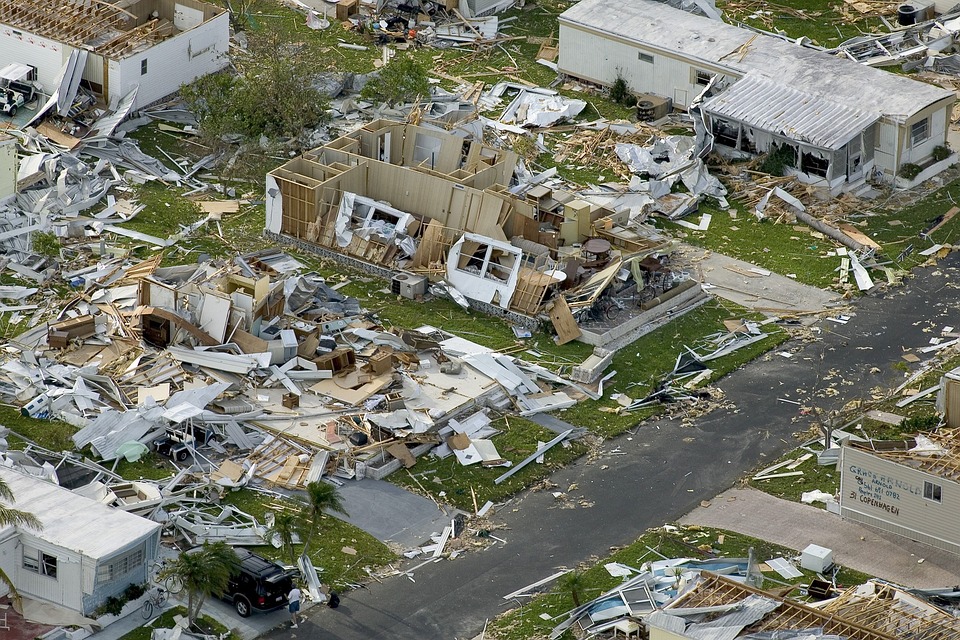The Fukushima Disaster: Impact on Human Lives
Introduction
The Fukushima disaster, which occurred on March 11, 2011, was a catastrophic event that had a profound impact on the lives of thousands of people. The nuclear accident, caused by a massive earthquake and tsunami, led to the release of radioactive materials and forced the evacuation of over 150,000 residents from the surrounding area. The human toll of the Fukushima disaster goes far beyond the initial evacuation, with many individuals facing long-term health issues, psychological trauma, and uncertainty about the future.
Health Effects
The health effects of the Fukushima disaster have been a major concern for residents of the affected area. Following the accident, a number of people were exposed to high levels of radiation, leading to an increased risk of cancer, thyroid disorders, and other health problems. Children are particularly vulnerable to the effects of radiation exposure, with many experiencing long-term health issues as a result of the disaster.
For individuals living in the Fukushima area, the ongoing fear of radiation exposure has had a significant impact on their mental and emotional well-being. Many people continue to live in fear of developing cancer or other radiation-related illnesses, leading to high levels of stress and anxiety. The long-term health effects of the Fukushima disaster are still being studied, but it is clear that many individuals will continue to face health challenges for years to come.
Psychological Impact
In addition to the physical health effects, the Fukushima disaster has also had a profound impact on the mental health of residents. The trauma of the evacuation, the loss of homes and loved ones, and the uncertainty about the future have all taken a toll on the psychological well-being of individuals living in the affected area. Many people have reported feelings of depression, anxiety, and post-traumatic stress disorder in the years following the disaster.
For children who were forced to evacuate from their homes, the psychological impact of the Fukushima disaster has been particularly severe. Many young people have experienced feelings of loss, confusion, and fear as a result of the disaster, with some struggling to cope with the trauma of the evacuation and the ongoing uncertainty about their future. The psychological impact of the Fukushima disaster will likely be felt for generations to come, as individuals continue to grapple with the emotional scars left by the catastrophic event.
Stories of Resilience and Survival
Despite the overwhelming challenges faced by residents of the Fukushima area, many individuals have shown incredible resilience and strength in the face of adversity. Stories of survival and perseverance have emerged from the disaster, highlighting the resilience of the human spirit in the face of tragedy.
One such story is that of Hiroko Sasaki, a resident of Fukushima who was forced to evacuate from her home in the aftermath of the disaster. Despite losing her home and her community, Hiroko remained determined to rebuild her life and support her family. Through her resilience and determination, she has been able to create a new life for herself and her loved ones, finding hope and strength in the midst of darkness.
Another story of resilience comes from Shota Yamamoto, a young man who was just a teenager at the time of the Fukushima disaster. Despite experiencing the trauma of the evacuation and the loss of his home, Shota has since become a vocal advocate for the rights of evacuees and a source of inspiration for his community. Through his activism and his determination to make a difference, Shota has shown that even in the face of tragedy, there is room for hope and resilience.
Conclusion
The Fukushima disaster has had a profound impact on the lives of thousands of people, with many individuals facing long-term health issues, psychological trauma, and uncertainty about the future. The human toll of the Fukushima disaster is a reminder of the resilience and strength of the human spirit, as individuals continue to rebuild their lives and communities in the aftermath of the catastrophe. While the challenges faced by residents of the Fukushima area are immense, stories of survival and perseverance serve as a testament to the power of the human spirit in the face of adversity.
